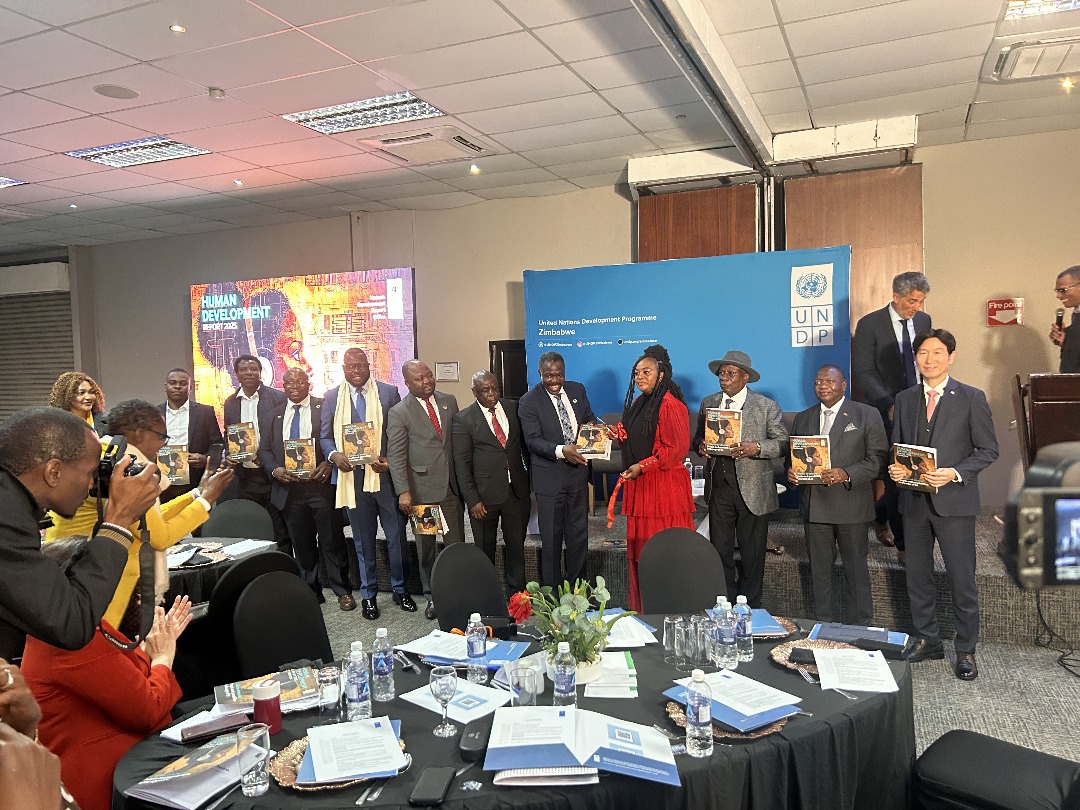This year’s edition of the ZITF produced a star. Mr Fortune Donga showcased a biomass-powered pump and gold processing plant which had attendees fawning. Some called it the innovation this year and mentioned the country’s renewable energy mandate.
Is this a big deal or one of those exhibition hits with little real world potential blown up for political reasons? Let us discuss.
The biomass powered pump
The first thing to note is that his pump is just like any regular pump and so can be used wherever pumps are used. The only difference is that his pump is not powered by diesel, petrol or plugged into the national grid. Instead his pump is powered by biomass.
Now, biomass is a broad term encompassing wood and other dead plants, human and animal waste, dead animals, agricultural residues and more. You might remember the urine-powered generator developed by Nigerian girls a while back – that is biomass-powered as well.
Mr Donga says he was inspired to work on this solution after watching the plight of small scale miners in his rural home in Nkayi. Pumps are used to pump out the water that accumulates in the shafts that are dug when mining. As these shafts get deeper and deeper, the more water gushes from the earth, requiring more powerful and reliable pumps.
Losing the pump even for a few hours, to depleted fuel as is the cause most times, can result in the loss of production for a whole day. The biomass-powered pump, if indeed it comes out cheaper to run, will alleviate this problem.
Same goes for the biomass-powered gold processing plant. The story is not about gold processing. What Mr Donga is proposing is to shun fossil fuels and hydro-generated electricity in favour of the more accessible biomass.
The real story – alternative energy
We have used biomass for our energy needs in Zimbabwe for millenia probably. Most homes in the rural areas use firewood, maize stalks and cobs and cow dung to cook. So maybe calling it alternative is not quite accurate.
Anyway, the stoves we use to burn the biomass are very inefficient, topping out at around 10% efficiency. Most of the biomass is wasted.
Mr Donga’s pump and plant should be more efficient than that. Details were not provided on the exact method his machines use to convert the biomass into electricity. Let us assume it is direct combustion (biomass gasification) which works best with woody and dry materials and not the wet wastes.
So, we are looking at mostly wood as the biomass, a reasonable assumption as Mr Donga mentions the timber producers in Nkayi who provide a lot of woody waste.
What he has here are mostly wood-powered machines. That said, it’s hard to call Mr Donga’s biomass-powered pump and plant inventions. Such machines already exist out there, even at the small scale he is looking at.
Previous biomass efforts
Investigations have shown that this indeed could work at the utility-scale but reports show that in all the countries where these small (10kw-100kw) pumps and generators were tested, they have never worked long term.
Reports detail the high initial cost as a factor as will be the case for Mr Donga’s machines. Pricing was not announced but it is safe to assume that they will cost significantly more than the diesel-powered machines. However, the part that dampens my hopes for Mr Donga’s machines is the following:
In general, the small-scale power-gasifier technology proved to be unreliable and expensive. Even the few cases where the gasifier plants performed quite well over a prolonged period experienced many technical problems during the first one or two years.
Report by GIZ HERA – Poverty-oriented Basic Energy Service
I will not rule out the possibility that Mr Donga has solved the technical problems that plagued his forerunners. I’m skeptical but stranger things have happened so we will only pass judgement when we have more information.
I must stress however that I love the entrepreneurial mind that he has. We should be trying to come up with solutions that address our specific challenges in Zimbabwe.













Comments
One response
Way to go zim